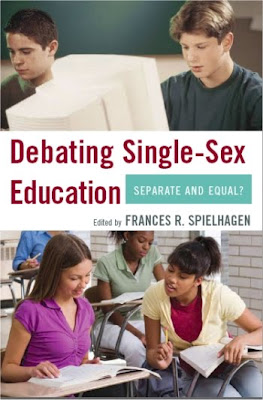248. When alone

Here you have a comp I had to write for my program of English, C-2 Level, at Centro de Lenguas Modernas, Universidad de Granada. I will present it to my teacher after Christmas vacation. The student has to continue the given beginning of a novel. 11 beginnings are shown, and you got to continue the one of your choice. From the Teacher’s Book – 3: Communication – Telling stories Begun on 21 December 2009 Student: Fernando Díez Gallego Let’s have a try. I am taking 1984 . And digging some remembrance of a film I saw many years ago, when a child myself. However most of the stuff is of mine. Ah, there is some streak of I am legend , 2007, starring Will Smith. It was a bright cold day in April, and the clocks were striking thirteen … I awoke at that sound, but remained very still in bed, eyes wide open. Listening. A metallic striking. So cold a morning. Windows wide open. For granted, I every day heard some other clocks striking, far, in the distance, in some corner of the ship. Oh, shhh ,
























